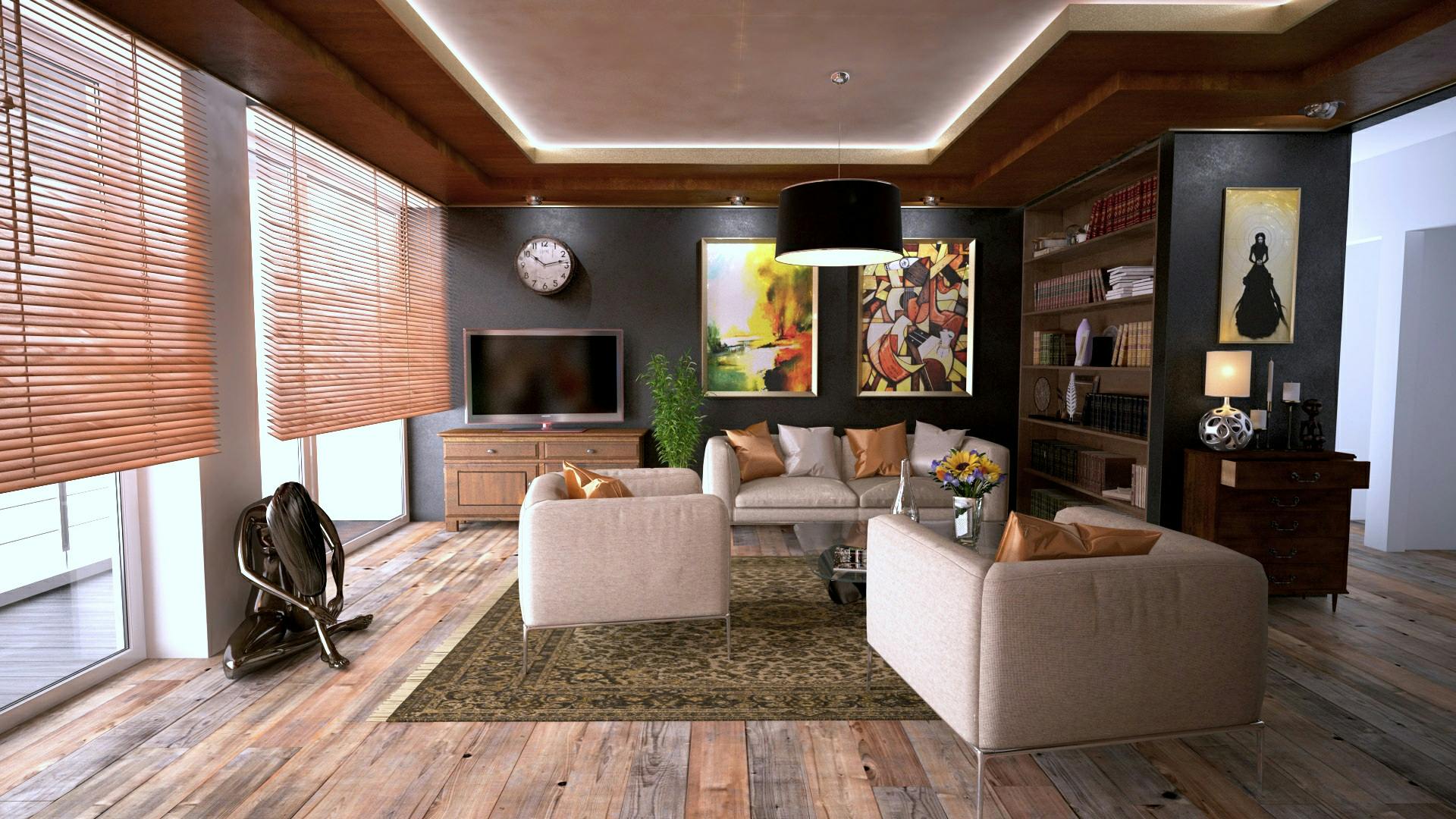FAQs
TIMBER FRAME HOUSES
Most Popular Questions
We use high-quality larch wood for our timber frame constructions. Larch is renowned for its durability, strength, and natural resistance to the elements, making it an excellent choice for building long-lasting and sustainable homes.
Eleife
While we offer professional construction services, we understand that some clients may be interested in self-building. If you wish to take on a self-build project, we can provide guidance and support, including detailed plans and specifications. However, we recommend professional assistance to ensure that all aspects of construction meet industry standards and local regulations.
nd malesuada posuere natoque velit duis litora. Lectus senectus bibendum curabitur litora vehicula elementum fermentum conubia elit magnis. Purus vehicula ac quis dis viverra nunc iaculis cras.
Building a timber frame home requires several permits, including a building permit and possibly other local approvals depending on your location. We assist our clients with navigating the permit process, ensuring that all necessary documentation and approvals are in place before construction begins.
Timber frame homes typically require a solid foundation to ensure structural stability. The type of foundation needed depends on factors such as soil conditions and the design of the home. We offer comprehensive foundation solutions and can provide recommendations based on the specific needs of your project.
ra vehicula elementum fermentum conubia elit magnis. Purus vehicula ac quis dis viverra nunc iaculis cras.
Yes, we offer turnkey solutions for our timber frame homes. This means we handle every aspect of the project from design and planning to construction and final finishing. Our turnkey service ensures that you receive a complete, move-in-ready home, allowing you to enjoy a hassle-free experience.


Tiny House
Most Popular Questions
A Tiny House is a real timber-framed house built on a trailer. Handcrafted in our workshop, it is made from environmentally friendly materials that offer high-performance thermal and acoustic insulation. Its KVH wood structure, a solid, kiln-dried, finger-jointed timber free from structural defects, ensures exceptional durability. Our cladding, made of larch or Red Cedar, two natural wood species certified PEFC and FSC, is rot-resistant and naturally fungicidal. Like a wooden house, the Tiny House is designed to be sustainable, both in terms of its materials and its lifespan. Can the same be said for a caravan? We highly doubt it!
We primarily use 6-meter trailers for most of our models. This size allows for a comfortable living space, suitable for year-round occupancy. Additionally, this format keeps the total weight under 3.5 tons, making it compatible with towed transport. It’s a great compromise for maintaining mobility.
For custom projects, we can also consider shorter or longer trailers, with height adjustments.
A Tiny House weighing no more than 3.5 tons (as is the case with our models) can be towed by a vehicle with a towing capacity of 3.5 tons. You can calculate your vehicle’s towing capacity using the F.2 and F.3 information from the vehicle’s registration document.
To do this, look for the Gross Vehicle Weight Rating (GVWR) and the Gross Combined Weight Rating (GCWR) on your registration. Once you have this information, subtract the GVWR from the GCWR.
To deliver or move our Tiny Houses, we frequently use 4x4s, pickups, or utility vans, which meet the required criteria.
To tow your Tiny House, you’ll need a BE driving license. The training typically lasts around 28 hours, although this can vary depending on the individual. The practical exam consists of two parts: one off-road and one on-road. The cost of the BE license ranges from €500 to €1,000, with hourly rates between €35 and €50.
We recommend checking the towing license requirements in your own country, as regulations for towing a Tiny House may vary.
A Tiny House is both a trailer and a timber-framed home. The trailer must be registered and insured when on the road. Once stationary, it is recommended to take out a comprehensive home insurance policy or a mobile home insurance policy.
Expect an annual budget between €400 and €900 for full coverage. Of course, these prices may vary depending on the insurance provider and your country of origin.
We offer a range of Tiny Houses with plans that have been designed and approved by our design office. Depending on your needs and your project, whether for personal use or rental, we can customize each of our models.
We all want a living space that feels right and reflects our personality, while adhering to various constraints (technical, financial, time-related, etc.). To best meet your needs, we offer 6 Tiny House models.
To personalize your Tiny House, we provide a range of colors and finishes included in the pricing. You can choose the light fixtures, paneling, flooring, kitchen cabinet colors, countertops, and even the shower materials!
Would you like to make structural changes? Add a staircase with built-in storage, remove a partition, add windows, or expand the mezzanine? That’s all possible! In collaboration with our design office, we will study your project and offer you the best layout solutions.
For the more inspired, we also offer fully customized Tiny Houses. Our goal is to create a sustainable, eco-friendly, and affordable tiny home that is 100% tailored to you!
The construction time of a Tiny House depends on the customization and the model chosen. In general, it takes between 8 and 12 weeks after validation of the project. For custom-made Tiny Houses, the time may be slightly longer depending on the complexity of the modifications requested.
In most cases, planning permission is not required if the Tiny House is mobile (i.e. on a trailer). However, it is always advisable to check local regulations with your local council or planning authority. If you are installing the Tiny House permanently, a permit or authorisation may be required.
The lifespan of a Tiny House depends on the materials used and its maintenance. Our Tiny Houses, built with sustainable materials such as KVH wood and larch or Red Cedar cladding, can easily last 50 years or more with good regular maintenance.
Yes, our Tiny Houses are designed for year-round occupancy. They are well insulated (thermally and acoustically) and meet housing standards. You can live there comfortably, even in winter, thanks to the high-performance insulation and quality materials.
You can heat your Tiny House in several ways. The most common systems are wood stoves, electric radiators or gas heating. We can also install ecological solutions such as pellet stoves or solar systems to ensure low energy consumption.
FREE QUOTE
Tell me about your dream
Office
Rua Caminho Da Pedreira Sitio Falfosa CP 876-Z 8005-483 FARO PORTUGAL
WhatsApp
+33 7 85 19 90 22
+33 6 01 36 43 61

